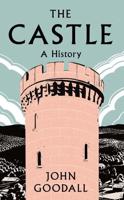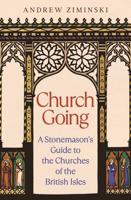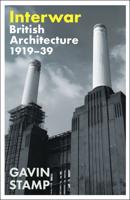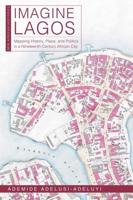Publisher's Synopsis
For much of its history Katowice in southern Poland was just a village in the Silesian Highlands. It only became a city in the second half of the nineteenth century, when it developed into an important Prussian industrial centre. However, it is the political developments and urbanist ideas that followed World War Two that have left the deepest mark on the city's face.
The Polish communist state launched an ambitious plan to redevelop and expand Katowice as a model of a modern, progressive urban organism. Over the next 45 years, as this idea was put into practice, Katowice acquired modern architecture that attracted great national interest. Since Poland's profound political and economic transformation in the 1990s and 2000s, however, the city's reputation as an architectural hotspot has only grown, spreading well beyond the country's borders.
This book presents highlights from this eventful and contradictory history. Jakub Bródka, architect and lecturer at Silesian University of Technology in Gliwice, has selected 120 buildings from eight decades. They range from the socialist realist Palace of Youth from the late 1940s through the iconic Spodek (Saucer) multipurpose arena, completed in 1971, to the two skyscapers of the KTW office complex, built between 2016 and 2022.








